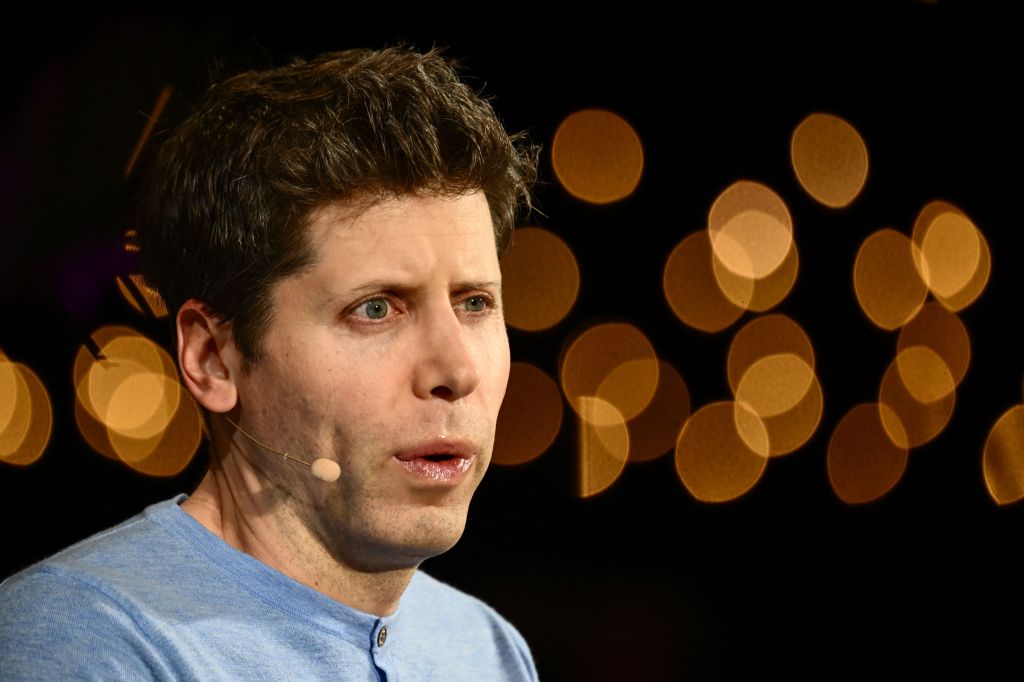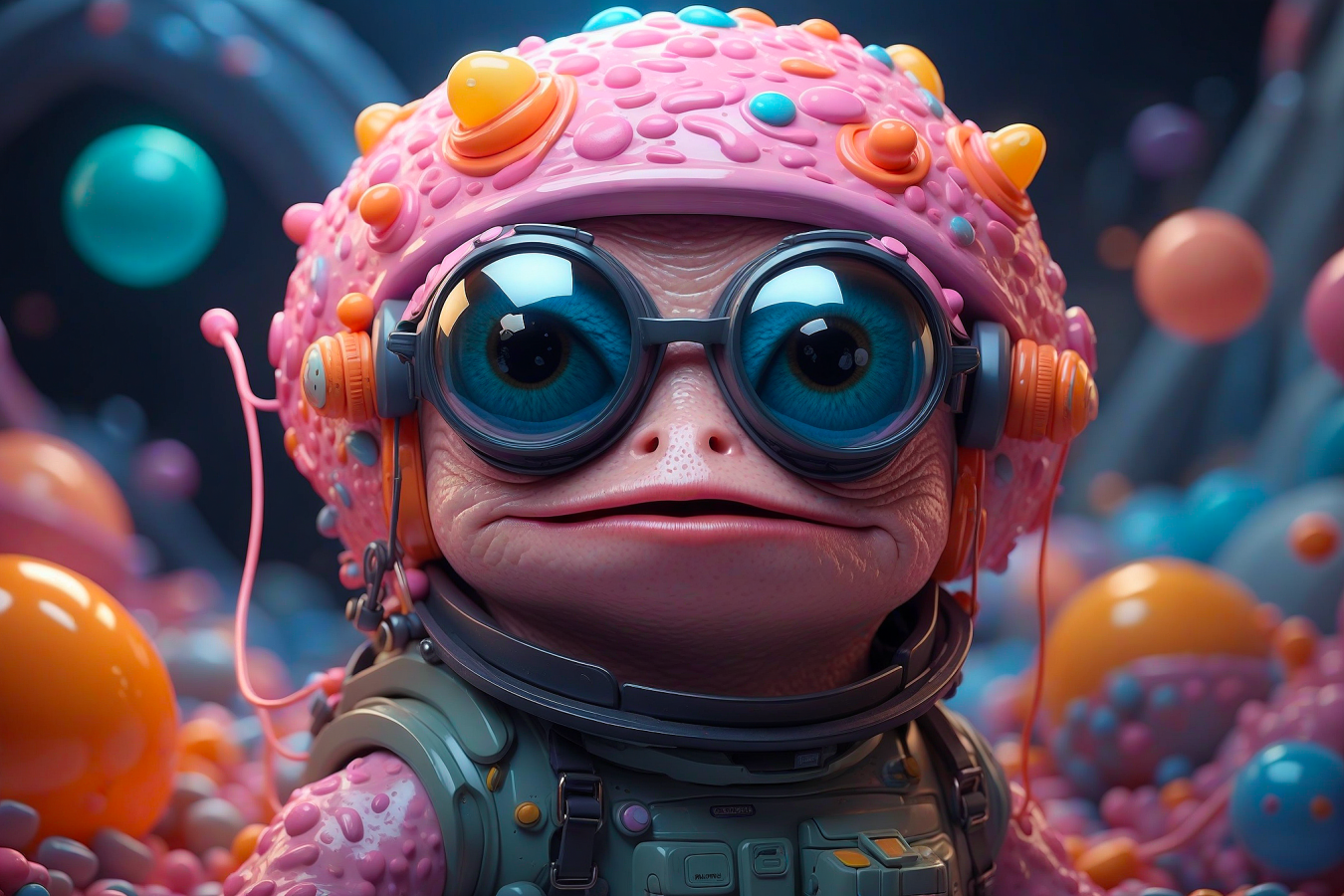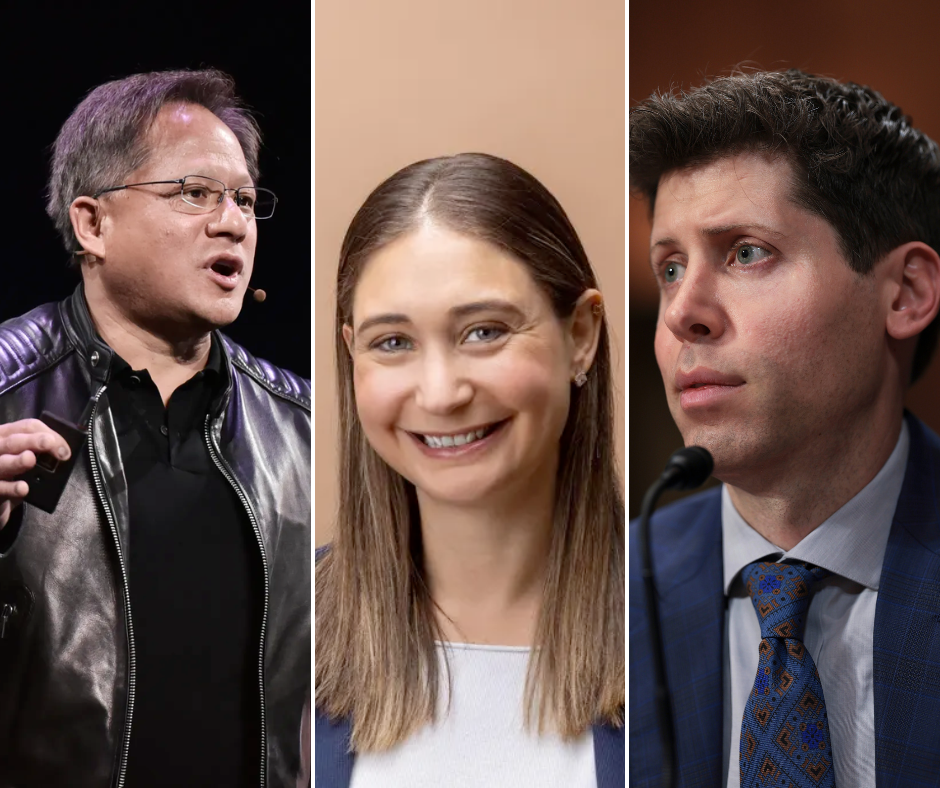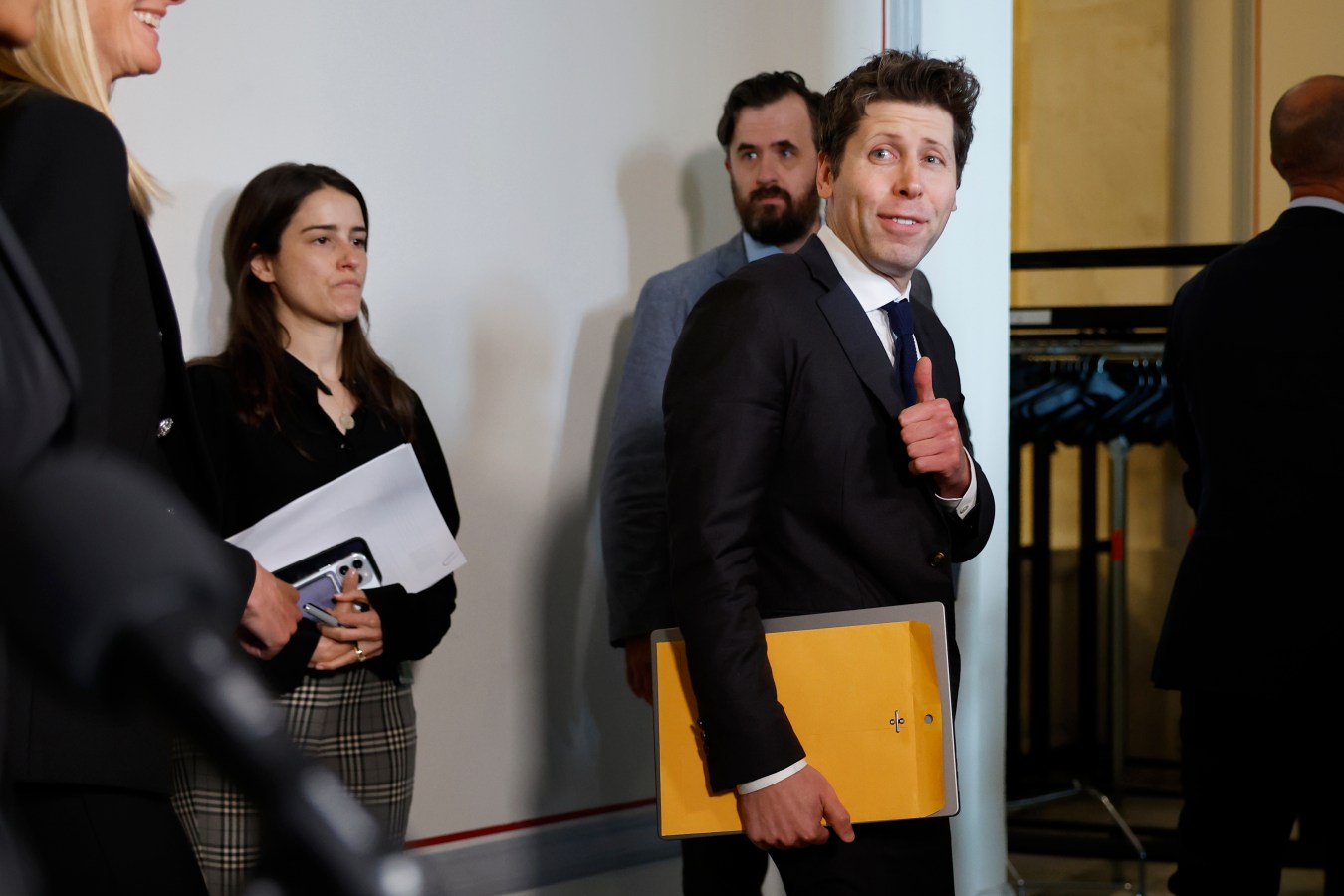Opinion: The battle over the past week at OpenAI – the creator of industry-changing ChatGPT and DALL-E AI products has been described as many things.

A triumphant return for former and new CEO Sam Altman, and also for commercialisation. Altman pulled what Steve Jobs did over years in a period of 3 days.
A show of how loyal company culture can keep you in a place to negotiate even as you lose all official duties in a company. And, it shows how the companies creating an almost inhumanely powerful new step forward for humanity are still run by those who are imperfectly human.
But make no mistake – most importantly this boardroom fight was a fight for the future spirit of AI development and the capitalists have won.
There are two traditional thought streams in AI – the first prioritises research and safety over rapid development in order to understand and control a potentially unpredictable and dangerous super-intelligence.
This camp was the original founding principle of OpenAI – an ‘open source’ non-profit more akin to a research think tank with figures such as Elon Musk hastening calm. It was a thought stream that for much of the past decade has dominated the AI debate.
Multiple board members had ties to groups deeply concerned about the destructive potential of AI.
But quietly, there has been a bubbling alternative view of AI development that has caused subtle rifts – those that value speed and progress as a way to human prosperity and financial success.
Musk left OpenAI in a protest at the speed and nature of technological advancement. A researcher from the company split from OpenAI to lead a company called Anthropic which focused on the principles of safety.
For months, board members and executives were locked in a battle about the appropriate pace of development.
This all changed when ChatGPT became the fastest-growing app in human history and showed how easy it was to build a world-changing and commercial product using AI technology to benefit humanity.
There was a hunger for more growth and as competitors sprung up – with Bard and Grok being produced in just the last few months – the public race was on to be the first company and country with the most useful easily accessible consumer AI.
Then last week, Sam Altman was fired (for allegedly not being candid in his communications with the board), replaced with one interim CEO who was again replaced by a second (who wanted a full slow-down of AI development), tapped to join a new Microsoft AI team and then brought back as CEO without his previous board position after a companywide boycott.
The chaos has thrown the previously tech-world-focused debate over AI safety into the public consciousness.
We know very little about why Sam Altman was actually fired.
But what we do know is that the board members that focussed on slowing down and analysing AI progress are now gone and Sam Altman who pushes the fold to see how far AI development can go is back with almost universal support within his company.
We also know that Microsoft – the giant commercial entity backing OpenAI is likely to gain increased representation in the form of a potential board seat or other governance power.
With his new mandate and seeming unity from his employees, Altman and other AI companies will now accelerate their progress. It seems unlikely any board try to fire him given the events of the last weeks without severe wrongdoing.
This doesn’t mean we shouldn’t ask questions.
Should governments be more closely regulating AI systems that can cause irreparable damage to humanity if we get it wrong?
Why did the board decide to spectacularly and publicly fire Sam Altman – knowing the risks of shaking up the technology and business world?
And most importantly – if the capitalists have won the battle over AI’s future, how do we make sure the right people are at the heads of the technology companies that will determine the most defining creation of our generation – an artificial general intelligence smarter than ourselves?
Rion Ahl is a director at Australian education company 50Coach and a contributor for Forbes Australia.
Look back on the week that was with hand-picked articles from Australia and around the world. Sign up to the Forbes Australia newsletter here.


